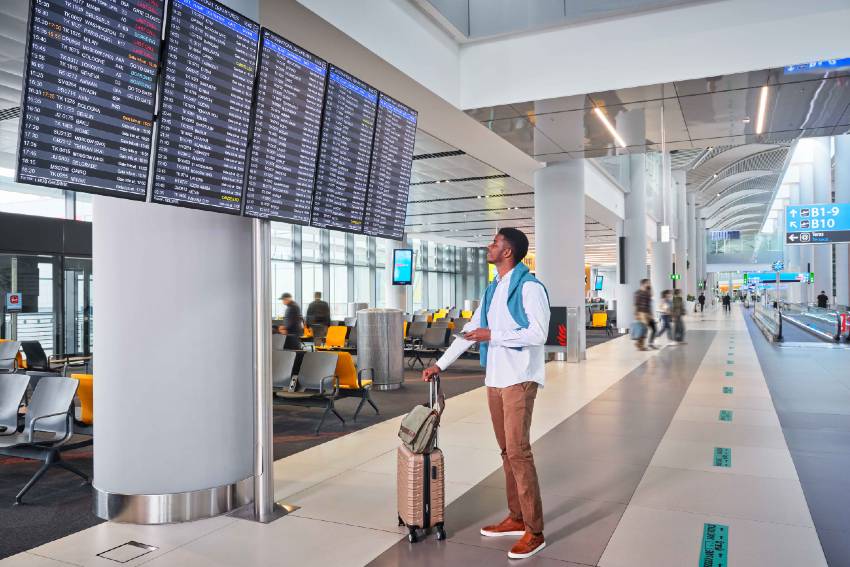
The airport, which only started operations in 2019, catered for 76 million passengers last year – making it Europe’s second busiest hub after London Heathrow’s annual total of 79.2 million travellers. Istanbul had been the continent’s busiest airport in 2022 before capacity-constrained Heathrow reclaimed the crown in 2023.
Selahattin Bilgen, CEO of Istanbul airport, told a press conference that it was planning to invest €656.5 million during 2024, including the introduction of the “first triple parallel runway operation in Europe” to increase capacity.
“Since we started flight operations in 2019, we have increased the number of flights from 329,876 to 505,968 at the end of 2023, and thereby the number of passengers from nearly 53 million to 76 million, breaking records for both daily flights and passenger numbers in the summer,” added Bilgen.
Bilgen also announced the passenger target of 85 million for this year, which would be a 13 per cent rise on last year’s traffic. He said this would be achieved by increasing total flights to 532,000 in 2024.
Istanbul hopes to attract another 11 new airlines to the airport by the end of this year as it continues to compete with other European and Middle Eastern hubs for long-haul traffic.
Bilgen also addressed Istanbul airport’s sustainability goals, which include a 45 per cent reduction in emissions within six years and a 73 per cent drop by 2040, on the path to becoming net zero by 2050.
“With our waste recycling programme, we are determined to achieve our zero emission targets by 2050, taking concrete steps such as reducing waste emissions by 50 per cent and converting 50 per cent of our vehicle fleet to electric vehicle,” he added.
Businesstravelnewseurope



